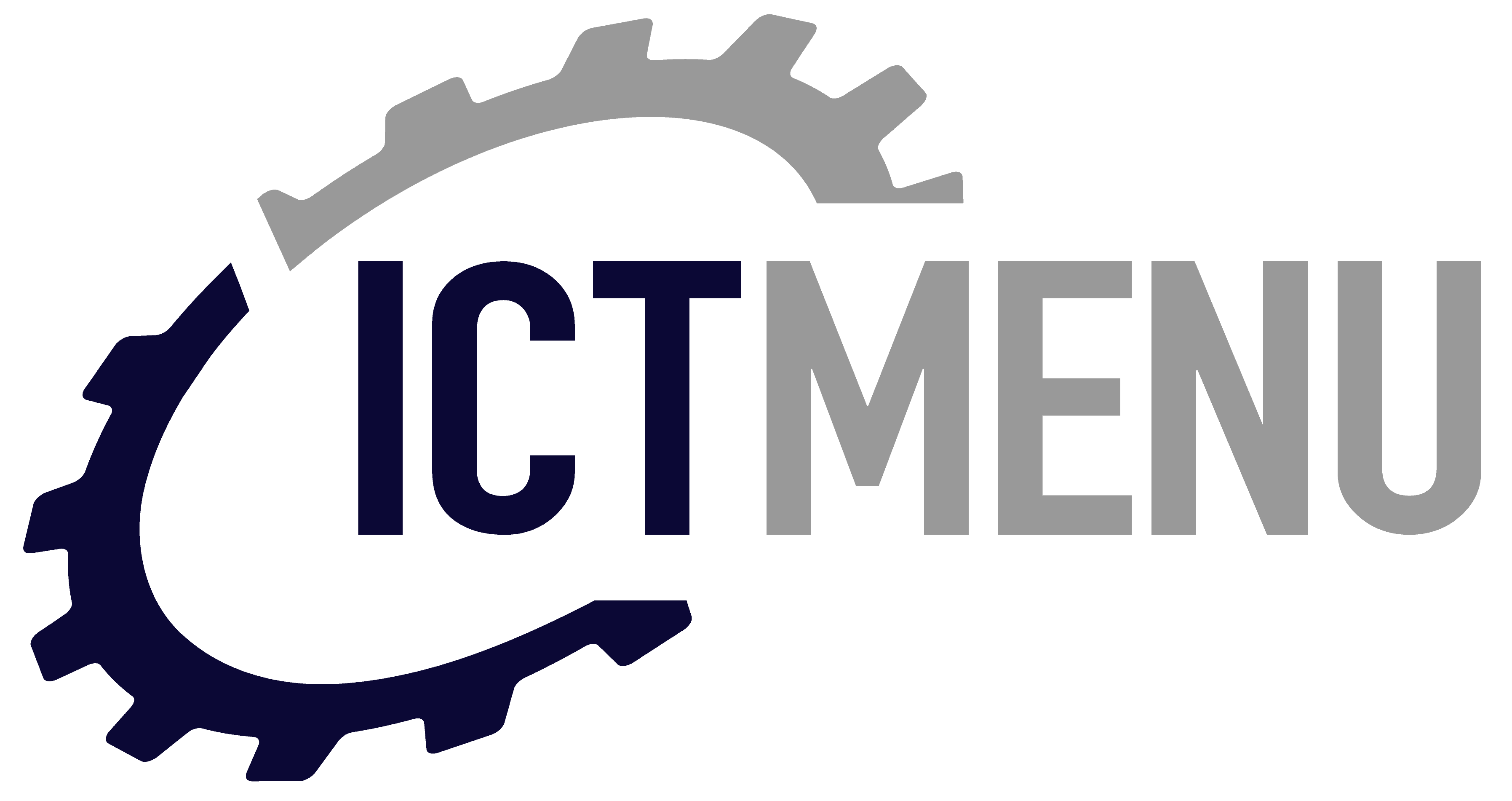Moralis offers a robust platform for developers building on blockchain technology. It provides easy-to-use APIs and SDKs that simplify the development process, especially in Ethereum and Binance Smart Chain ecosystems. By integrating Moralis, developers can focus on creating dynamic, scalable applications efficiently. Dive into the capabilities of Moralis and discover how it helps streamline blockchain projects with its comprehensive toolset.
Understanding Moralis
Moralis has revolutionized the landscape for blockchain developers by simplifying complex processes through its robust, API-first approach. This innovative platform significantly reduces the intricacies traditionally associated with blockchain development, allowing for rapid deployment of applications. Moralis is indispensable for those aiming to minimize complexity in their projects. It abstracts the myriad details of blockchain technology while providing developers with straightforward tools to seamlessly integrate blockchain interactions into their applications.
Moralis enables a streamlined development experience by offering powerful integrations that cater to various blockchain networks.
- Its extensive library of APIs allows developers to easily access and manipulate data from different blockchains, facilitating the creation of versatile and highly functional applications without needing to delve into intricate blockchain protocols.
- Through pre-built SDKs, Moralis offers seamless connectivity across diverse platforms, ensuring that developers can focus more on innovation and less on logistics.
The simplification offered by Moralis extends beyond mere coding convenience. By providing clear and comprehensible interfaces, it empowers a wider range of users—including those who might not traditionally engage with blockchain technology—to harness its potential. This opens up a realm of possibilities for businesses and developers seeking efficient blockchain solutions.
With all these elements working in harmony, Moralis stands as a pivotal tool in the developer’s toolkit, aiding in enhancing productivity and broadening the horizon of blockchain application development. As we transition into the next chapter, we will delve into the key features of Moralis, further illustrating how this platform maintains its edge in the ever-evolving blockchain environment.
Key Features of Moralis
Moralis stands out with features that simplify blockchain application development. As explored previously in our journey to understand Moralis, this platform provides an intuitive environment for developers to manage blockchain interactions effortlessly. A key feature that sets Moralis apart is its real-time alert system, integrated within its powerful real-time database. This system continuously updates data as changes occur on the blockchain, offering developers instant insights and proactive management of their applications. This capability significantly impacts the efficiency and reactiveness of decentralised apps by eliminating the need for developers to continuously query the blockchain for updates.
Moreover, one of the hallmarks of Moralis is its seamless multi-chain compatibility. Supporting multiple blockchain setups has become increasingly crucial as the demand for diverse blockchain applications grows. Moralis handles this complexity by allowing developers to connect with multiple blockchain networks with ease, removing the barriers traditionally associated with integrating various platforms. This flexibility empowers developers to focus on innovation rather than infrastructure issues, leading to the creation of more robust and diversified applications.
The combination of these features – real-time alerts and multi-chain compatibility – exemplifies Moralis’ ability to streamline blockchain application development. This chapter lays the foundation for understanding how Moralis can be implemented into various projects, guiding developers to leverage its full capabilities. Moving forward, we will delve into practical ways to incorporate Moralis into your projects, ensuring you harness its potential to optimize your digital infrastructure efficiently.
Implementing Moralis in Projects
Moralis emerges as a transformative tool, streamlining the process of integrating blockchain functionalities into Ethereum projects. Emphasizing simplicity, Moralis enhances productivity by offering intuitive APIs and tools that cater to developers’ needs. To implement Moralis in an Ethereum project, one straightforward approach begins with creating an account on the Moralis platform. This step grants access to a personal dashboard where the setup of a new server is initiated, providing a backend that seamlessly interfaces with your Ethereum applications.
Developers can easily connect their dApps using simple SDKs provided by Moralis. A typical implementation requires integrating Moralis authentication, which consolidates user management by handling login and signup processes directly through wallet connections. As you evolve your project, advanced features like real-time transaction monitoring and on-chain event subscriptions can be activated, pushing efficiency to new heights.
Real-world applications of Moralis demonstrate its versatility. For instance, NFT marketplaces utilize Moralis to handle server-side operations, such as metadata querying and handling complex on-chain interactions, without the usual developer overhead. Similarly, decentralized social networks leverage Moralis to manage user data efficiently while ensuring blockchain security and transparency.
As detailed in the previous chapter focusing on key features, this streamlined implementation process highlights how Moralis aligns with ease of integration, opening unparalleled pathways for blockchain development. Moving forward, an examination of Moralis’s advantages over competitors will further illuminate its dominant stance in enabling seamless and efficient blockchain applications.
Advantages Over Competitors
Moralis stands out in the world of blockchain technology, offering advantages that are unmatched by its competitors. Unlike many traditional blockchain platforms, Moralis brings an extensive set of functionalities that cater to both seasoned developers and newcomers alike, positioning itself as a comprehensive yet straightforward tool for creating blockchain applications. Where other platforms might require intricate setup and deep technical knowledge, Moralis simplifies the process, allowing developers to focus on application logic rather than the underlying blockchain complexities. This ease of use doesn’t sacrifice power or versatility, setting Moralis apart from the rest.
One of Moralis’ unique benefits is its ability to provide instant backend infrastructure—something many competitors overlook or complicate. With Moralis, developers gain access to capabilities like real-time database updates, user authentication, and cloud functions directly out of the box. Additionally, its cross-chain compatibility supports multiple blockchain networks, including Ethereum and Binance Smart Chain, without demanding separate setups or integrations for each.
Moreover, Moralis offers robust support for plugins, which significantly enhances its functionality by allowing customization at a granular level. This modularity is not only a convenience but a powerful tool that empowers developers to tailor their projects to precisely meet their needs, thereby adding a layer of flexibility that rigid competitor platforms lack.
As the world of blockchain continues to evolve, the adaptability and practical advantages provided by Moralis ensure it remains a preferred choice for many. With these foundational benefits, exploring real-world applications of Moralis in the next chapter will reveal how this platform is effectively transforming blockchain possibilities into tangible solutions.
Real-world Moralis Applications
Moralis is revolutionizing how industries apply blockchain technology by making its integration smoother and more intuitive. Building off its distinct advantages over competitors, Moralis finds its footing in various real-world applications, most notably in finance and gaming. In the finance sector, Moralis effectively streamlines the development of decentralized applications, enabling secure, transparent, and fast transactions. This reduces the traditional complexities associated with blockchain integration, attracting a broader range of financial institutions aiming to optimize operations and enhance user experiences. For example, Moralis has enabled a pioneering fintech firm to simplify its user authentication process, leading to enhanced security and user trust.
The gaming industry also benefits significantly from Moralis’s capabilities. By simplifying blockchain complexities, Moralis empowers game developers to effortlessly incorporate digital assets and NFTs, transforming traditional gaming interactions into thrilling digital experiences. A renowned game company successfully deployed Moralis to integrate real-time updates and asset management within its gaming ecosystem, resulting in increased user engagement and satisfaction.
Beyond established industries, Moralis is poised to unlock potential in emerging markets. In regions where blockchain technology is still evolving, Moralis offers a bridge to innovation, facilitating easy access to decentralized finance services, identity verification systems, and even supply chain tracking solutions. These future-oriented applications could significantly impact economies by fostering growth and technological advancements.
As we delve deeper into Moralis’s potential, it’s clear that getting started with Moralis opens the door to a world of innovative possibilities, making it an inviting prospect for developers and businesses eager to capitalize on blockchain technology’s promise.
Getting Started with Moralis
Moralis offers a gateway to simplifying blockchain applications, providing an intuitive platform ideal for IT professionals and enthusiasts. To get started with Moralis, you first need to set up an account by visiting their website and signing up using an email address or a social media account. Once registered, you can quickly dive into creating your first project with their user-friendly interface.
Begin by accessing the project dashboard and clicking on ‘Create a New Project’. Here, you’ll need to define some key parameters such as the project name, preferred chains, and required APIs. The process is seamless, reflecting Moralis’s focus on ease of use and efficiency.
To maximize Moralis’s potential, it’s crucial to follow best practices. Ensure you regularly update your SDK to leverage the latest features and improvements. Dive into Moralis’s extensive documentation, which offers clear, step-by-step guides and practical examples for a variety of use cases. This will help you understand how to integrate additional functionalities into your project without unnecessary complexity.
Leverage Moralis’s active community and forums, which are perfect for seeking expert advice or troubleshooting issues. By engaging with other developers, you enhance your understanding and can uncover innovative ways to utilize Moralis’s capabilities. In doing so, you’re not only implementing a solution but are part of an evolving ecosystem that empowers the management of digital projects with ease and clarity.

